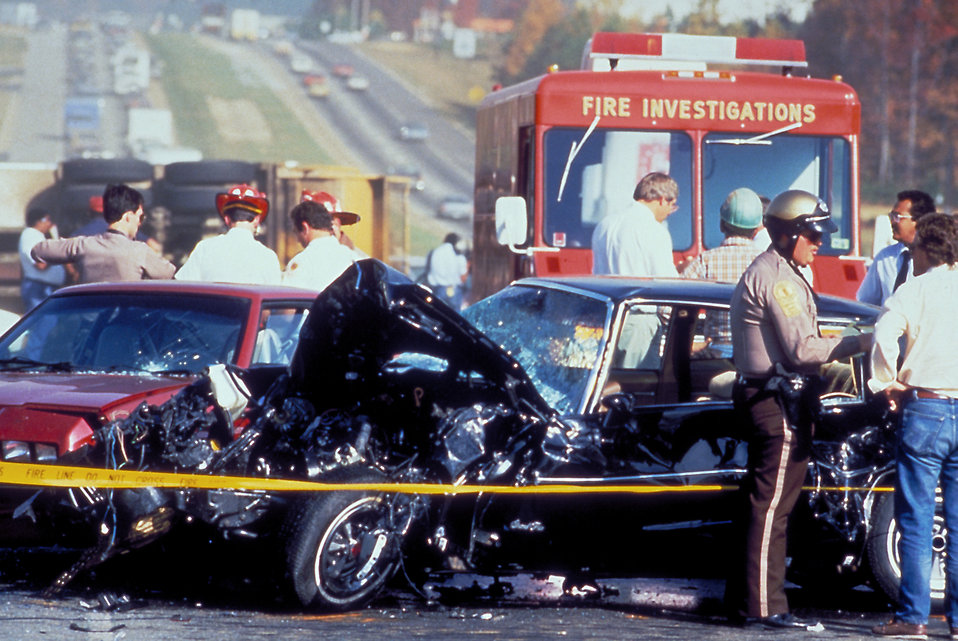Though they receive proper training and are generally expected to be composed, focused, and situationally aware in moments of crisis, first responders remain susceptible to consistent — and sometimes elevated — psychological trauma. Much of this effect is discussed in the context of post-crisis debriefing; this makes sense, given the countless ways a violent or shocking scene can linger within the human psyche, regardless of consistent exposure to such matters. However, though traumatic experiences are unpredictable, preemptive measures can be taken to mitigate their present impact.
Mental muscle memory
Psychological trauma can take many shapes for first responders, from horrific incidents like mass shootings or natural disasters to circumstantial tragedies like car accidents, but, in most cases, these moments mutually occur without warning. This notion in mind, first responders do not have time to process the emotional implications of what they might be going into; they simply have a job to do: stabilize the situation while minimizing injury and death.
That said, to prepare for matters both sudden and disturbing, broad steps must be taken much farther in advance to re-wire the mind. Some responders and similar personnel have turned to mindful thinking as a first line of psychological defense; this is typically done in sessions where one shuts out their environment and focuses on their breath or a similar isolated focal point. Each time their thoughts wander to unrelated matters, they slowly bring themselves back to the breath. This process, in time, conditions the mind to remain focused on a matter at hand (the state of being more “mindful”) while creating a mental muscle memory of sorts — each time an adverse emotion or thought enters the mind, it becomes easier to disarm it and re-focus on something else.
By honing this skill beforehand, responders may be able to find a quicker equilibrium when processing a traumatic crime or accident scene.
Visualization
Similarly, visualization techniques are sometimes employed as a preemptive tactic. Traumatic scenes may be unpredictable (and, at times, unfathomable), but by visualizing consistent details and likely potential scenarios, responders can at least brace their minds for the broad strokes of their day-to-day encounters.
At the same time, visualizing a stable and calming environment can “create a grounding effect within the body, even in the midst of chaos.” This effect is similar to that of mindful meditation; it equips the mind with a reflexive defense mechanism that can keep responders both focused on their responsibilities and fortified against subconscious fallout which may otherwise reveal itself later, when adrenaline and duty-oriented tunnel vision have worn off.
Pre-trauma training may not completely eliminate the darkest aspects of crisis aftermath, but it can help make an otherwise overwhelming scenario easier for first responders to approach and manage.
Decompression
Stress prevention and management are critical for responders to stay well and to continue to help in the situation. There are important steps responders should take before, during, and after an event. To take care of others, responders must be feeling well and thinking clearly. For this reason, it’s important to develop a buddy system, where responders support each other and monitor each other’s stress, workload, and safety. This is not just a job. Get to know each other, your background, interests, hobbies, family strengths and weaknesses. Keep an eye on each other and check-in with each other. Acknowledge tough situations and recognize accomplishments, even small ones. Offer to help with each other’s workloads. Encourage each other to take breaks. Share opportunities for stress relief (rest, routine sleep, exercise, and deep breathing).
Helping others as a first responder is a rewarding calling that can also be increasingly stressful; especially when the already vital workload faced by first responders is complicated by a puzzling, somewhat hostile political climate. Knowing that you have stress and coping with it as you respond will help you stay well, and this will allow you to keep helping those who are affected; which is what you signed on to do when putting on the uniform, to begin with.
